Kevin Johnson set out 50 years ago to tell the story of searching for stardom
Kevin Johnson’s famous song about a musician seeking, but failing, to become a star is one of Australia’s most revered.
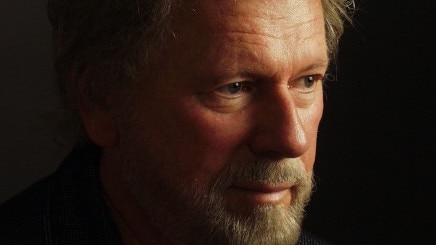
Fifty years ago, a one-way wind was blowing against Kevin Johnson’s life. And it wasn’t at his back.
He was a battling musician living in Sydney with a young family. He’d had a top 10 hit and written songs that had been recorded by the likes of Col Joye, Little Pattie, Judy Stone and even Tom Jones. But, after a decade on the road, he had not recorded anything for two years and his songs were not being picked up by others.
Dispirited, and wondering if it had all been in vain, he was struck by an idea driving home across Sydney’s north shore to “half a house” on the corner of Clyde Road and Howard Avenue, a street back from the beach at Dee Why.
It was the winter of 1973. Not wishing to disturb his young boys, he took his guitar and headed for a small shed out the back where the gardener stored his tools.
In that odd, cramped space with just picks and shovels for company he came up with the chords for a song and wrote its first lines: “I can still remember when I bought my first guitar/Remember just how good the feeling was, put it proudly in my car.”
Almost every Australian knows those words and those that follow, almost all of them written in that little space.
They form one of the most memorable and covered Australians songs of the rock era, Rock and Roll (I Gave You the Best Years of My Life). It is a tender account of an ambitious singer-songwriter who tries to be a star, changing styles as music evolves at lightning speed around him from the early 1960s until 1971, where the song’s story ends with him in London and, regretfully, still “one step behind you”.
But not quite.
Johnson gently alters the chorus as the song plays out, singing: “And though I never knew the magic of makin’ it with you/I thank the Lord for giving me the little bit I knew.”
Few songs resolve themselves so endearingly. There’s no remorse. Johnson’s rock and roll character emerges happy to have been part of it. As is the song’s author. For a time, that song pushed Johnson to the front rank of singer-songwriters.
But not immediately. Despite the Beatles’ Hey Jude running to 7min 12sec and MacArthur Park coming in nine seconds longer – both five years earlier – Australian radio was reluctant to commit to Johnson’s 5min 20sec masterpiece. They also complained about its 13-word title. Johnson relented ever so slightly and removed the word “All” that had sat between “You” and “The”, but he still sang them, of course.
The single entered the charts strongly at No.23 on October 27, 1973. The following week it slipped one place before edging to 19, then 14 before lodging itself in the top 10 at five and then four – with outstanding competition from the Rolling Stones (Angie), 10cc (Rubber Bullets), Paul McCartney (Live and Let Die), Sherbet (Cassandra) and Bob Dylan (Knockin’ on Heaven’s Door).
Word about Johnson’s exceptional composition spread quickly: within months, it had been recorded by American country artist Mac Davis – himself no slouch as a songwriter. Davis had written a series of hits for Elvis Presley, including the top 10 songs In the Ghetto, Don’t Cry Daddy and Presley’s final posthumous No.1, the remixed A Little Less Conversation in 2002.
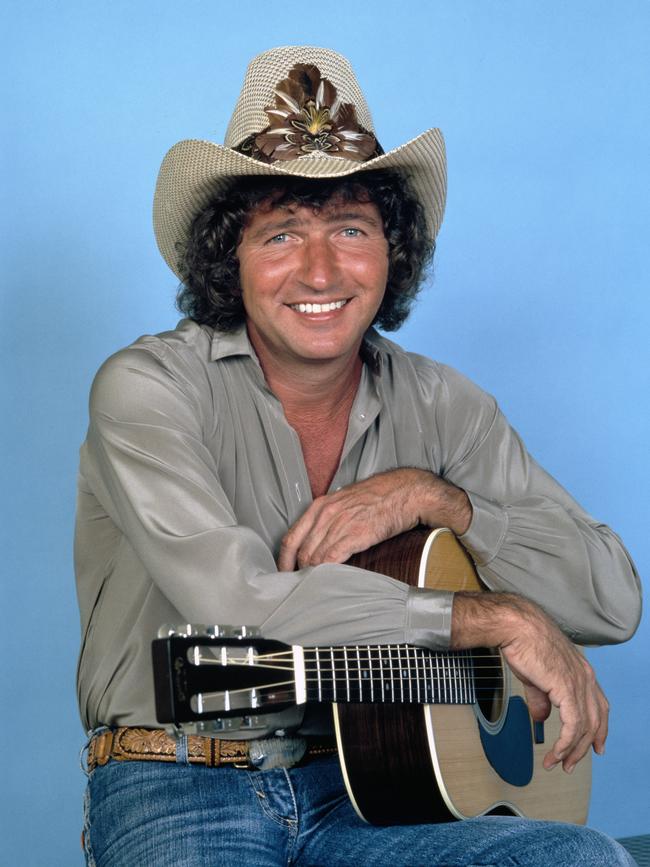
Davis’s upbeat version reworked Johnson’s lyrics. Rather than meeting “Suzanne” in Soho, Davis meets the more Texas-sounding Sarah Jan – Davis’s wife. And Davis could not bring himself to admit defeat. “Suzanne” follows Johnson’s character to 100 record companies and 100 hotel rooms and, in the song’s most powerful, resigned lyric, she “tried to help me understand, I’d never be a star”.
Davis was having none of that. He sings that Sarah Jan: “Followed me back to Tennessee/Where she finally made me see/I’m just a plain old country boy/That’s all I’ll ever be.”
Soon, Johnson’s American publisher was licensing it to big names across the globe, including popular Dutch band the Cats (the song has been an enduring favourite in The Netherlands ever since), and Canada’s Terry Jacks, who hurriedly included it as a bonus track on his album Seasons in the Sun.
The single of that name was the biggest selling song in the world in 1974 and the album charted strongly.
In all, 25 versions of Rock and Roll were recorded in a year and it has been sung in French, Danish, Finnish, Swedish, German and Icelandic.
In 1977, England’s Gary Glitter recorded a faithful version and in Australia once was introduced to its author, but long before anyone understood Glitter was a recidivist pedophile who would spend time behind bars in Vietnam and Britain – where he was returned to jail in March.
Johnson’s original charted in Britain (three times across two years), Ireland, the US and Europe.
Johnson has always said that, other than the first verses, his famous hit is not biographical, that the vignettes are fictional; nonetheless, they are words scored with personal experience.
Johnson was born in Rockhampton, Queensland, in July 1942, an only child, and the family lived in Tungamull, halfway between Gladstone and Yeppoon.
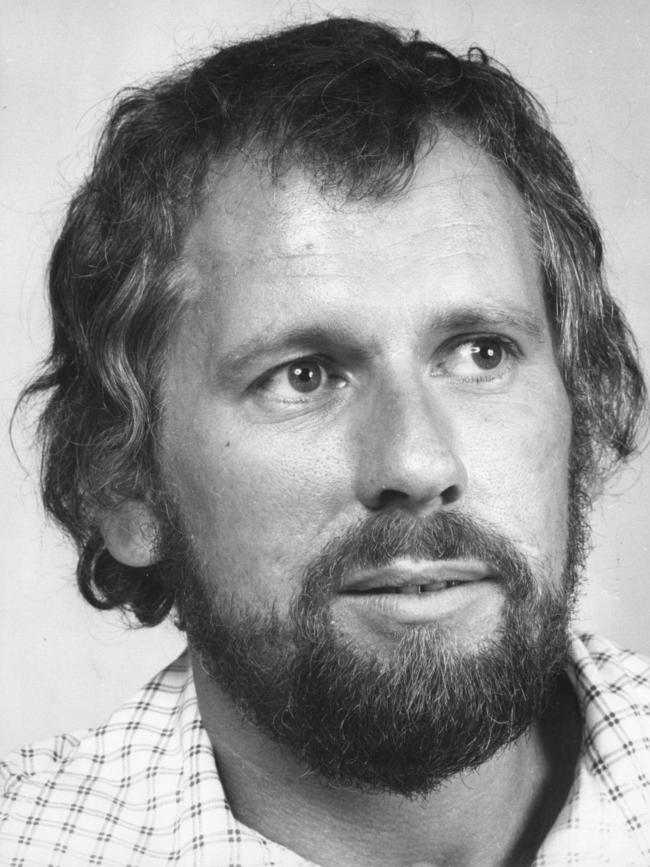
His mother, Elinor, a telephone operator, encouraged him as a youngster to play the violin and she taught him until realising one day that he wasn’t reading the notes, just memorising the tunes. He didn’t connect with music again until hearing Roy Orbison’s first hit Only the Lonely, late in 1960 (Orbison also wrote songs in a confined space: his car).
Johnson bought a guitar and later joined a band call the Candymen – an early Orbison hit had been Candy Man. He heard Ray Charles, Bobby Darin and not much later the Beatles – then everything changed. Despite what he wrote in his most famous song, he did not sound “just like Paul”, but he wished he did.
While working days at Queensland’s Department of Main Roads, he developed his guitar playing – he was working the area’s pub beer gardens at the time – and he dabbled with writing songs.
Eventually one of Australia’s original rock stars, Joye, signed Johnson to supply songs for his label and artists started recording them while Johnson moved first to Brisbane and later Sydney. Joye recorded one himself in 1966 called Mary Anne.
In Sydney Johnson recorded his first single, Woman You Took My Life. This drew the attention of Decca Records in London and it was recorded there by the label’s rising international star, Jones. Johnson then started work on the song that would break him across the country.
From an unusual start it became the early 1971 hit Bonnie, Please Don’t Go. The idea stemmed from an episode of the corny 1960s sitcom Petticoat Junction in which there is a farewell scene at the station as Auld Lang Syne is played by a wonky brass band.
Johnson had been to see someone off on a ship – probably to England – and recalled that the universally familiar tune played there, too. Auld Lang Syne is an old poem, collected and revised by Robert Burns and in 1799 married to an old Scottish folk tune, becoming a New Year’s Eve favourite.
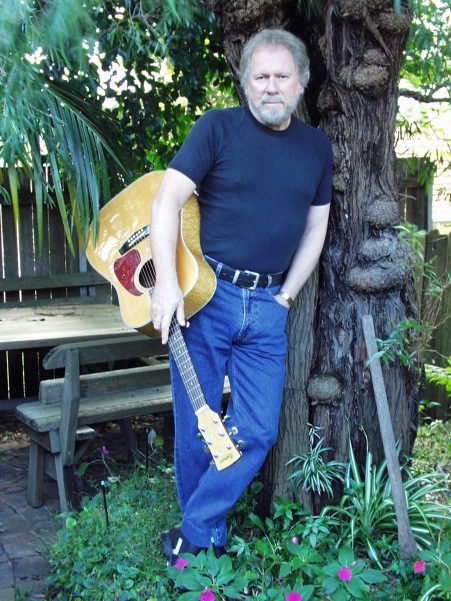
Bonnie starts with the dockside brass band playing a chirpy Auld Lang Syne that then slowly sinks beneath Johnson’s melody. It was recorded at Universal Sound Studios in Sydney’s inner-city Pyrmont.
Next door, one of the country’s early progressive rock bands, Fraternity, was recording its debut album. Bon Scott, soon to join AC/DC, was the singer. They must have liked the Scottish roots of Johnson’s song and some of the band members helped out.
It wasn’t always going to be “Bonnie”. Johnson scouted around for a Scots-sounding girls’ name until his wife, Jill, reminded him of the often drunk woman at a long-ago beer garden called Bonnie who, once so overcome by Johnson singing a Darin song, rushed at him and they both fell over his stool.
“She’ll never know she sort of became famous,” he says.
And the song made a name for Johnson, hitting the top 10 Australia-wide in early 1971. It was the gap between it and his next record, Rock and Roll, that so frustrated Johnson as he wrestled with an American publisher, and led to his unforgettable follow-up.
The words begun in the shed came to him over two days. He didn’t fuss over them too much, despite sometimes spending weeks trying to nail a single word in earlier compositions.
One line is evidence of this. He sings: “Bought all the old Chuck Berrys, 78s and all.”
He was indeed influenced by Berry, but by his own admission “I was never game enough to find out whether a Chuck Berry 78 existed at all.” He’s lucky. They did.
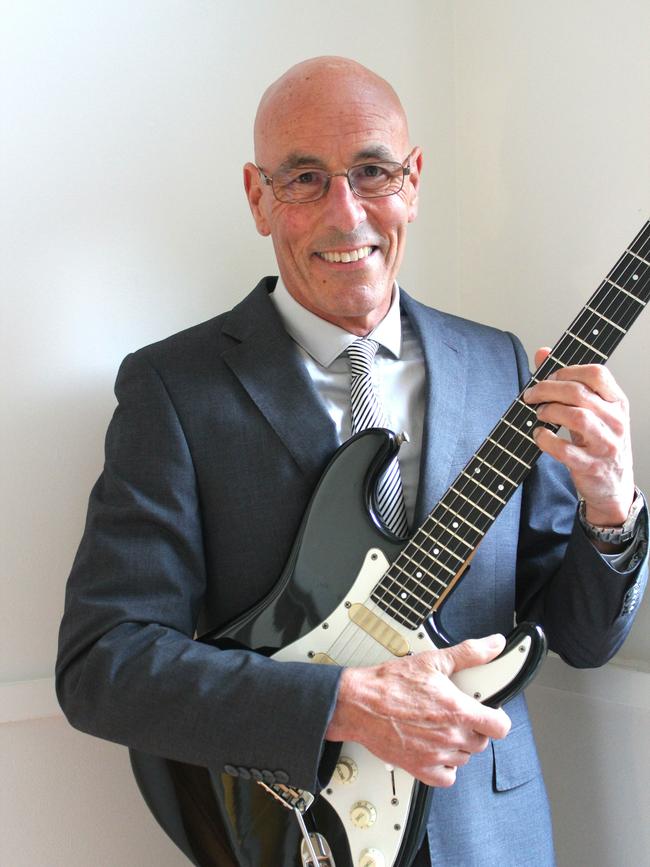
The Suzanne in the song was not in reference to anybody: “It was just a name that sounded nice in the song.” And it is perhaps best kept that way; soon after Davis had a hit with it, Sarah Jan left him and married Glen Campbell.
Johnson, now 80, recorded Rock and Roll using players from the Sydney band Cool Bananas in which was the gifted Rory O’Donoghue, who at that time was part of the Aunty Jack television series. It is O’Donoghue’s soaring, sorrowing lead guitar lines that seal the deal, locking in a classic.
“He could do anything, play and dance and sing,” Johnson said of O’Donoghue, who played Thin Arthur alongside Grahame Bond’s Aunty Jack and Garry McDonald as Kid Eager (a year before he became Norman Gunston). Their song Farewell Aunty Jack crossed paths with Rock and Roll as it rose up the charts to top spot weeks later selling 250,000 copies.
So, did Johnson really give rock and roll the best years of his life?
“A few of them.”








To join the conversation, please log in. Don't have an account? Register
Join the conversation, you are commenting as Logout